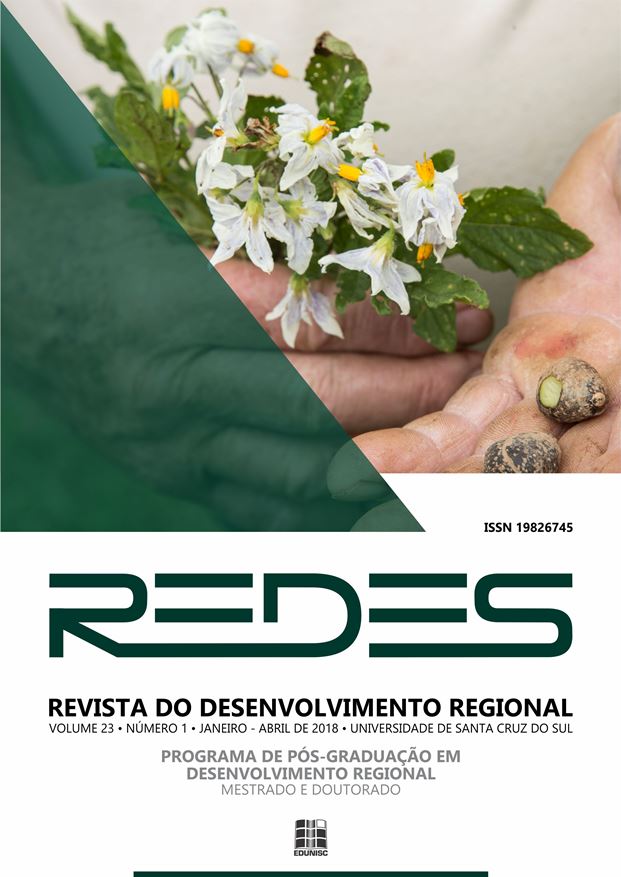Agroecology as a management strategy for Sustainable Conservation Units in Vale do Ribeira – SP, Brazil
DOI:
https://doi.org/10.17058/redes.v23i1.9324Keywords:
Agroecosystems. Protected Natural Area. Traditional Population. Atlantic Rainforest.Abstract
This paper presents reflections regarding the agroecology in the different management models designed for protected natural areas. Our research is particularly focused in debates about Sustainable Conservation Units in Sao Paulo State in Brazil. Vale do Ribeira is an area that has one of the largest continuous remnants of Atlantic Rainforest of the country. The research methodology included bibliographic analysis and collection of primary data through field notes; oral histories obtained in management and land use participatory spaces at Despraiado RDS in the context of restructuration of Jureia-Itatins Ecological Station in Conservation Units Mosaics; and semi-structured interviews with the managers and researchers of Vale do Ribeira Conservation Units. It was possible to find evidence that the way of life and agricultural production of the area favor local sensitivity in regard of an agroecological transition process. However, even with the impact of successful agroecological experiences at Vale do Ribeira, socio-biodiversity conservation initiatives and cultural valorization of sustainable development of traditional populations are still rudimentary at Conservation Units in the State of Sao Paulo.Downloads
Downloads
Published
2018-01-19
How to Cite
Narezi, G. (2018). Agroecology as a management strategy for Sustainable Conservation Units in Vale do Ribeira – SP, Brazil. Redes , 23(1), 69-91. https://doi.org/10.17058/redes.v23i1.9324
Issue
Section
Desenvolvimento Rural no contexto do Desenvolvimento Regional: avanços e retrocessos no Brasil recente



